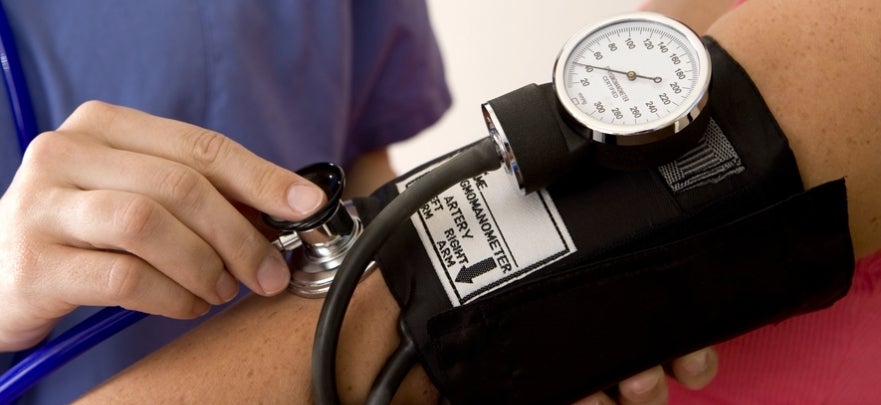What Steps Can I Take to Control My High Blood Pressure?
So you’ve been recently diagnosed with high blood pressure, often also called hypertension? High blood pressure significantly increases your chances of heart attack and stroke. You may have also heard that you’ll need to take medication to control your high blood pressure. In some cases, that may be true, and you should follow your doctor’s advice and guidance. However, here are some steps you can take to change your lifestyle that can naturally bring down your blood pressure.
Here are a few changes you can make.
- Lose weight - Weight loss is likely the best thing you can do to bring down your blood pressure. Being overweight can also lead to snoring and problems breathing at night (called sleep apnea) which can further worsen your blood pressure. Losing even a small amount of weight can have a big impact on your blood pressure. Watch for weight that you carry in your midsection. “Weight in the middle” and a large waistline is especially troublesome when it comes to high blood pressure.
- Start an exercise program - Just 30 minutes of brisk daily activity such as a power walk can do wonders for your blood pressure. Exercise or activity that gets your heart rate up is best. Exercises you can try are swimming, running, and cycling. You can also try high intensity interval training (often called HIIT) which combines lifting weights with aerobic exercise and has been shown to be particularly beneficially.
- Eat better - Start increasing your intake of fruits and vegetables and stay away from processed foods. You can start keeping a food journal to track what you are eating and your calories. This step has the added benefit of helping you lose weight by monitoring your eating...and overeating. Reduce your intake of saturated fats. For example, switch from using margarine to olive oil. Finally, increase your intake of potassium which can counteract the impacts of sodium (which we’ll talk about shortly). The best sources of potassium are fruits and vegetables.
- Reduce the amount of salt you consume - Salt (or sodium) can elevate blood pressure. You should target consuming less than 1500 mg of sodium a day. One challenge is salt is everywhere and in nearly all the processed foods we eat. So, you’ll have to start looking at food labels carefully to make sure you’re not taking in too much salt. Avoiding processed foods is one simple step to reducing your salt intake. Next, eating more fruits and vegetables and limiting how much salt you add from the shaker is also effective.
- Drink less alcohol - Alcohol in moderation can actually be good for blood pressure - one drink a day. However, too much alcohol is not. In fact, alcohol can interfere with blood pressure medications and make them less effective.
- Stop smoking - smoking increases blood pressure...and there are plenty of other health benefits to quitting.
- Reduce your caffeine intake - High caffeine consumption may increase blood pressure. The evidence is not conclusive as to whether caffeine increases blood pressure in many people. However, you can try experimenting by reducing your caffeine intake and seeing how it impacts your blood pressure numbers.
- Reduce your stress - Stress can negatively impact your blood pressure. How exactly stress impacts blood pressure is still being studied. Practicing stress management techniques can help you in managing your stress. The subject of stress management is complex and requires more discussion. However, a few simple techniques involve breathing exercises, observing emotions, being thankful, and resetting expectations.
With these steps you can work down your high blood pressure numbers. As a quick overview, here are the latest blood pressure reading guidelines (these guidelines were updated in 2017):
- Normal: Less than 120/80 mm Hg;
- Elevated/Prehypertension: Systolic between 120-129 and diastolic less than 80;
- Stage 1 Hypertension: Systolic between 130-139 or diastolic between 80-89;
- Stage 2 Hypertension: Systolic at least 140 or diastolic at least 90 mm Hg;
- Hypertensive crisis: Systolic over 180 and/or diastolic over 120, with patients needing prompt changes in medication if there are no other indications of problems, or immediate hospitalization if there are signs of organ damage.
And as always, follow your doctor’s care plan for dealing with your high blood pressure. Your doctor may recommend these lifestyle changes along with medication. Make sure to tell your doctor about the lifestyle changes you have made or are making to get the best treatment plan.






